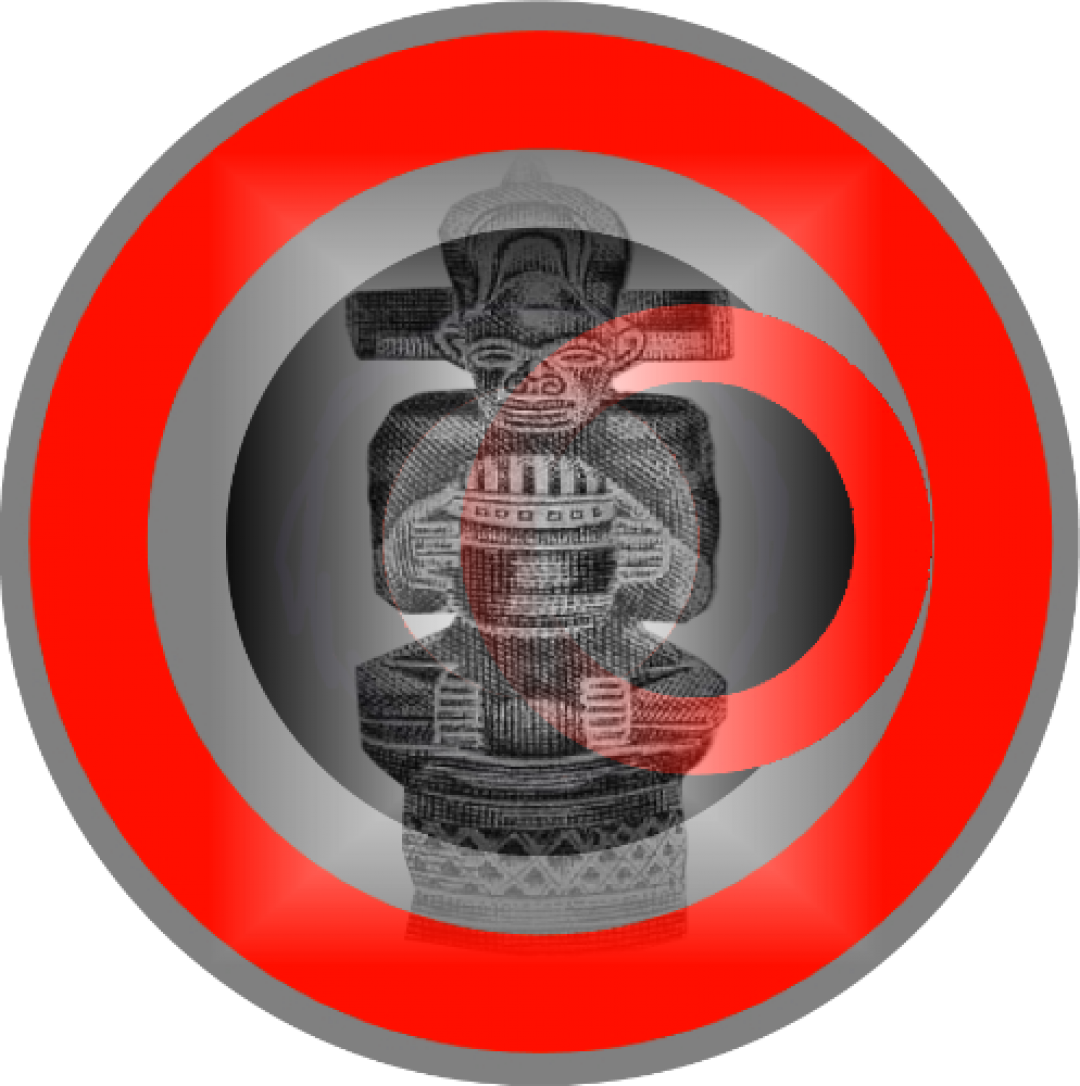this rare double gatefolded EP reveals some of South Africa’s most popular tunes and key players in the formation of South African Jazz and popular styles like mbaqanga and kwela; Elijah’s Rhythm Kings (Elijah Nkwanyane), African Swingsters, Benoni Flute Quintet and The Alexandra Shamber Boys.

In 1955 jazz lovers formed the Sophiatown Modern Jazz Club, which on Sundays organized a number of jam sessions, led by Pinocchio Mokaleng, in the Odin cinema in which leading musicians like Mackay Davashe, Elijah Nkwanyane, Kippie Moeketsi, Ntemi Piliso (saxophone player in the current African Jazz Pioneers) and many others took part. In Sophiatown for the first time in South African history black and white jazz musicians could meet on such a regular basis on common platform, a unique and typically Sophiatown fact. From these jam sessions emerged a very successful, star-studded band, the Jazz Epistles, featuring among others Kippie Moeketsi (alto), Jonas Gwangwa (trombone), Dollar Brand, now Abdullah Ibrahim (piano), Hugh Masekela (trumpet), Johnny Gertse (guitar) and Makhaya Ntshokr (drums). They laid the basis for a period of modern South African jazz, which was developed further in the 1960s. Jonas Gwangwa and Hugh Masekela were members of the only African high school jazz band ever formed in South Africa – the Huddleston Jazz Band, which was based in St. Peter’s secondary School, Rossettenville, later closed by the government.
Elijah’s Rhythm Kings -Elijah Special
Elijah’s Rhythm Kings -Bop Special
Under a wide interpretation of the pass system, musicians were classified as vagrants. A black musician could only be semi-professional, for they worked in the daytime and performed after hours. For instance, the father of mbaqanga music Isaac ‘Zacks’ Nkosi worked for Gallo, not as a musician, but packing records in their storeroom. Spokes Mashiyane, the international penny whistle star, who gained world recognition, similarly worked for Trutone Records until Union Artist released him. The penny whistle became one of the symbols of black South African music. Its origins date back to the pre-colonial period of South African history, when herdsmen made instruments out of reeds. It became popular in the 1950’s, thanks to the film ‘Magic Garden’, in which Willard Cele played it.
Willard Cele was born and raised in a segregated South African township, although he was disabled, and although he died young, his impact on South African music was immense. Cele’s innovation was to turn a flute or pennywhistle sideways in the mouth, which created a “thick” sound and allowed the player to vary the tone and range of the instrument far beyond its designed abilities.
African Swingsters -Section Z Special
excerpt from an original article “A reflection on music” by Jonas Gwangwa and Fulco van Aurich
Willard Cele~ Leon Jackson, All Music Guide



Your blog keeps getting better and better! Your older articles are not as good as newer ones you have a lot more creativity and originality now keep it up!
It is personal comments like yours that keep me sharp and creative.
thanks!
Excellent!
Thanks a lot for your info and music.
thank you so much for your music and info;the love shines through,and they both help me fit so many pieces of my musical jigsaw together
respect
hector
Very interesting topic, thanks for posting!
your comment is always appreciated.
The information you providing and music worth sharing. Keep up the good spirit
thanks for the kudo!